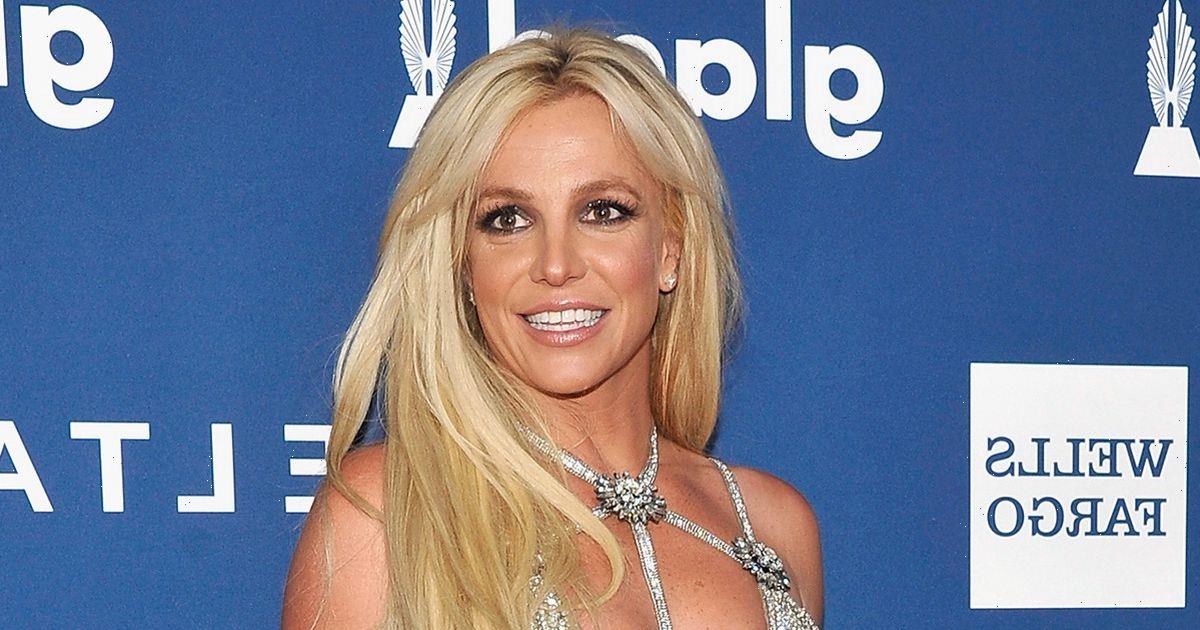EU: Expert warns food prices to rise after coronavirus pandemic
We use your sign-up to provide content in ways you’ve consented to and to improve our understanding of you. This may include adverts from us and 3rd parties based on our understanding. You can unsubscribe at any time. More info
Russia announced it will stop exporting ammonium nitrate for two months. The chemical compound is used in the agriculture industry as a fertiliser to boost yields for crops like corn, cotton and wheat. Russia is reportedly responsible for around 62 percent of global production, which is about 20 million tonnes a year. Brandon Weichert, geopolitical analyst and author of Winning Space: How America Remains a Superpower, told Express.co.uk the move will send food prices soaring.
He warned: “The impact will be a massive spike in prices, especially as other factors harm the production of, for example, corn and soybean products which are going into harvesting season presently in Latin America.”
He warned that this already making worse a previous jump in the price of food after a draught in Latin America, a major exporter of crops.
Mr Weichert said: “La Niña has also caused a massive drought in Latin America, which has already spiked the price of agricultural goods.
“The Russian move will only compound these price increases.
“Gas, groceries, all of the essentials for our modern life are about to explode in price, in large part because of the foreign policies of Washington, Moscow, and Beijing.”


It also comes after Chine banned the export of another fertiliser back in June.
Mr Weichert said: “The decision to sanction fertilizer exports going from Russia to the rest of the world is massive, especially when paired with China’s decision to ban the sale of phosphate fertilizer until June of 2022.
“These twin moves will spike the overall price of agricultural goods–meaning you and I and our families will be paying much more for groceries.”
But Russia has claimed that the ban on the export of this chemical will only be a temporary measure.
First Deputy Prime Minister Andrey Belousov said: “The two-month ban on ammonium nitrate export comes into force from February 2.

“This is a temporary measure.
“The remaining volume can be exported from April 2, when Russian companies will receive the ammonium nitrate in required volume and the demand for it on the domestic market will pass peak values.”
This comes after Russia took heat for reportedly ramping up the price of gas globally.
It has been accused of deliberately slashing gas deliveries travelling into Europe through its vast network of pipelines, causing prices to skyrocket to record highs.
While the UK does not directly import Russia’s pipeline gas, the spike to global energy markets sparked an energy crisis in the UK too, sending bills soaring for millions of Britons.
DON’T MISS
‘COVID-19 is the new syphilis’ – urgent warning over long-term effects [REPORT]
Ukraine crisis: UK ‘must wake up’ and ‘tap into £1trn gas reserves’ [INSIGHT]
Vaccine breakthrough as UK to produce world’s first RSV jab [REVEAL]

After news of the export ban emerged, independent publication Visegrad 24 said: “After having squeezed supply of natural gas this winter, it is now time for fertilisers.
“Expect food and energy prices to keep rising.”
The soaring prices of natural gas also sent the price of ammonium nitrate soaring by more than fivefold since October 2020.
With exports from Russia banned, this is only expected to send prices soaring higher, and in turn food prices.
While one source importing European fertiliser to the UK said the news “had already been in the pipeline, and [AN] stocks have been built, certainly in the UK”, it will have little impact on the products Britain imports.

And it comes as the UK battles with a cost-of-living crisis.
Coupled with soaring energy prices, rising inflation means Britons are already paying more for goods.
Back in November, the Consumer Price Index, which measures inflation, soared by 5.4 percent in November 2021.
Experts have tipped that the rapid increase will mean the average person in the UK spending £430 per month on groceries would have to fork out an extra £25 a month.
Source: Read Full Article


